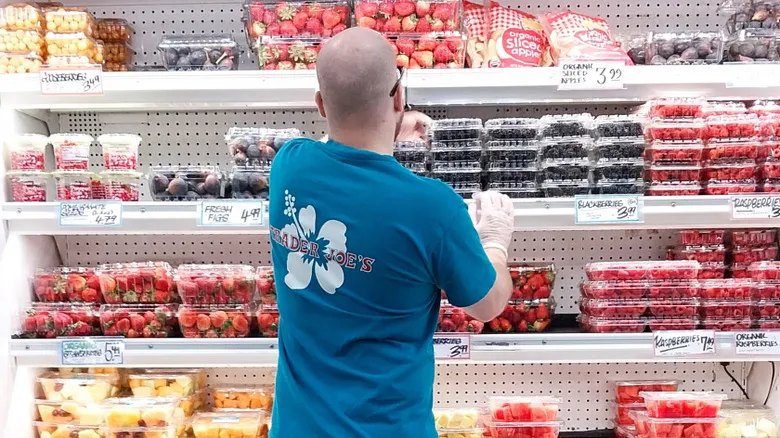How to keep your produce fresh
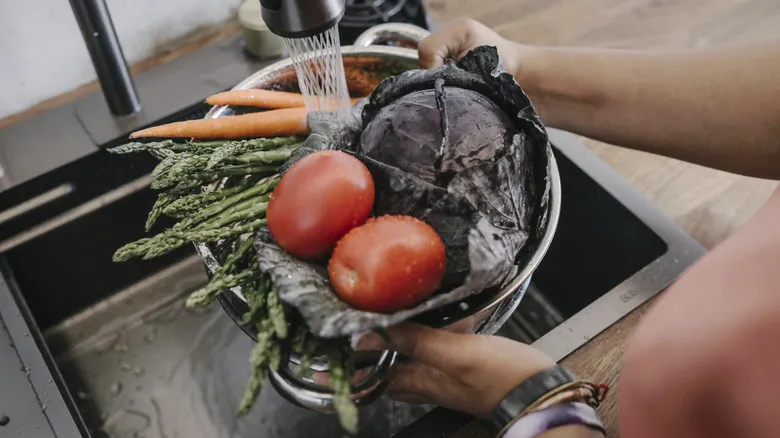
Sure! Here’s a rewritten version of your text:
Alright, let’s say you need to purchase your fruits and vegetables from Trader Joe's. How can you select the best products and keep them fresh? First, it’s important to thoroughly inspect your items for any signs of spoilage, particularly with bagged greens and berries. Look out for any wilting, browning, or mold. It’s best to consume these items within a few days, as they tend to deteriorate quickly. Additionally, make sure to choose produce at the right level of ripeness. If you plan to enjoy avocados in a few days, opt for firmer, greener ones. Conversely, if you want to eat your avocado right away, select a darker, softer fruit. Alternatively, you can ripen your avocado at home.
When it comes to storage, there are several tips to help prolong the freshness of your produce. First, remove any excess plastic packaging from your items. Unwrap your cucumber and take your apples out of their plastic bags. It’s also advisable to keep your countertop fruits and vegetables separate from each other in a well-ventilated area to prevent the buildup of ethylene gas, which can lead to premature spoilage. And remember, sometimes fruits and vegetables simply go bad. Be sure to discard anything that has turned brown, mushy, or moldy, as well as any items that emit an unpleasant odor. Fresh produce is at its best when it’s truly fresh.
Recommended
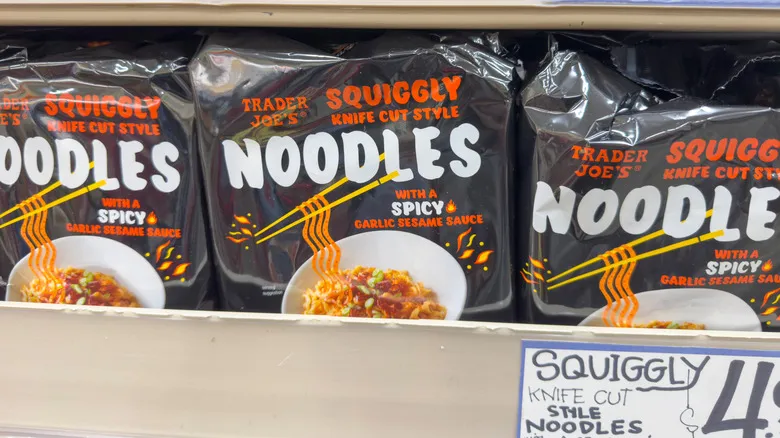
Trader Joe's Squiggly Noodles Are Good With A Bit Of Doctoring
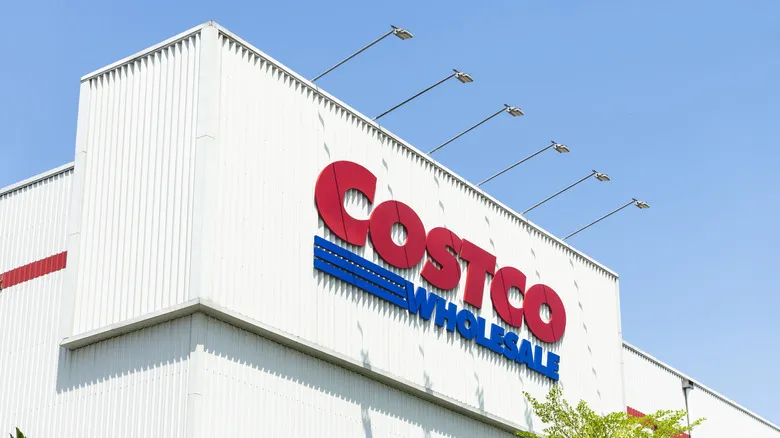
Costco Is Tackling Big Changes In 2024

Who Makes Costco's Food Court Hot Dogs?
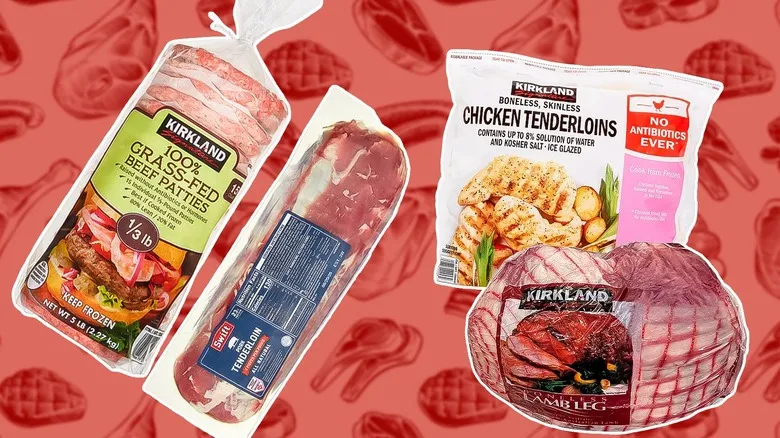
5 Best Cuts Of Meat At Costco And 5 To Avoid
Next up

